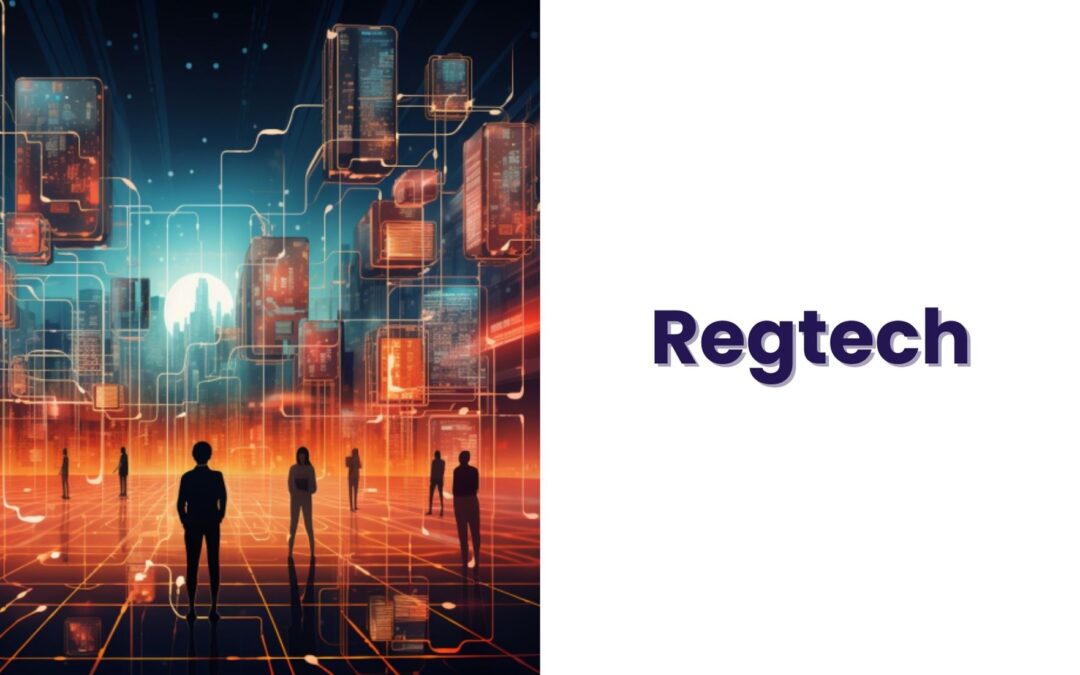In the fast-paced realm of finance and business, staying compliant with ever-evolving regulations is no small feat. Enter Regtech, a game-changer in the world of regulatory compliance. This article delves deep into the multifaceted landscape of Regtech, its applications, and the transformative impact it has on ensuring adherence to regulatory frameworks.
Do you want to save money in 24k digital gold? Download the Jar App and start saving now.
What is Regtech?
Regtech, short for regulatory technology, is a dynamic field leveraging advanced technologies to streamline and enhance regulatory processes. From risk management to compliance reporting, Regtech employs cutting-edge solutions like artificial intelligence, blockchain, and data analytics to navigate the complex regulatory landscape.
The Evolution of Regtech
Charting the journey of Regtech unveils its evolution from a niche concept to an integral component of financial ecosystems. Initially aimed at solving compliance challenges, Regtech has evolved into a proactive force, offering predictive analytics and real-time monitoring.
Regtech vs. Traditional Compliance
Dive into the comparative analysis of Regtech and traditional compliance methods. Explore how automation, data-driven insights, and machine learning give Regtech a competitive edge, making compliance processes more efficient and effective.
The Impact of Regtech
Enhancing Efficiency in Compliance
Regtech isn’t just a compliance tool; it’s a catalyst for efficiency. Discover how automation simplifies complex compliance tasks, reducing the risk of errors and optimizing resource allocation.
Cost Savings with Regtech Implementation
Explore the financial benefits of embracing Regtech. From reducing compliance-related costs to minimizing the risk of penalties, the economic impact of Regtech implementation is a compelling reason for businesses to adopt this transformative technology.
Mitigating Risks through Advanced Analytics
Uncover the role of advanced analytics in risk mitigation. Regtech goes beyond rule-based compliance, using predictive analytics to identify potential risks before they escalate, fostering a proactive risk management approach.
The Role of AI in Regtech
Harnessing AI for Regulatory Compliance
Delve into the symbiotic relationship between artificial intelligence and Regtech. Understand how AI-powered algorithms enhance regulatory compliance by processing vast datasets, identifying patterns, and adapting to evolving regulatory requirements.
Machine Learning for Predictive Compliance
Explore the applications of machine learning in predictive compliance. From anomaly detection to trend analysis, machine learning algorithms empower businesses to forecast compliance needs and stay ahead of regulatory changes.
Regtech in Practice
Case Studies: Real-world Regtech Solutions
Embark on a journey through real-world scenarios where Regtech has revolutionized compliance. Case studies showcase the tangible benefits businesses have experienced by integrating Regtech solutions into their operations.
Implementing Regtech: A Step-by-Step Guide
Practical insights on incorporating Regtech into your organization. From selecting the right solution to overcoming implementation challenges, this section provides a roadmap for businesses ready to embrace the future of compliance.
Regtech: Addressing Common Concerns
Security and Data Privacy in Regtech
Addressing the paramount concerns of security and data privacy. Explore how Regtech solutions are designed to safeguard sensitive information while ensuring compliance with data protection regulations.
Frequently Asked Questions (FAQs)
How does Regtech differ from Fintech?
Regtech focuses on regulatory compliance, while Fintech revolves around technology-driven financial services.
Can Regtech adapt to changing regulatory landscapes?
Yes, Regtech’s agility and reliance on advanced technologies make it adaptable to evolving regulatory environments.
Is Regtech only for large enterprises?
No, Regtech solutions come in various scales, catering to the compliance needs of businesses, irrespective of size.
Are there risks associated with Regtech implementation?
While minimal, risks include data breaches and system vulnerabilities, emphasizing the importance of robust cybersecurity measures.
What role does blockchain play in Regtech?
Blockchain ensures transparency and immutability, enhancing the integrity of regulatory processes within the Regtech framework.
How can businesses measure the ROI of Regtech adoption?
ROI metrics include cost savings, efficiency gains, and the ability to adapt swiftly to regulatory changes.
Conclusion
In the ever-evolving landscape of regulatory compliance, Regtech emerges as a beacon of innovation. Its transformative impact on efficiency, cost savings, and risk mitigation makes it an indispensable ally for businesses navigating the complexities of regulatory frameworks. Embrace the future with Regtech, where compliance meets innovation.

